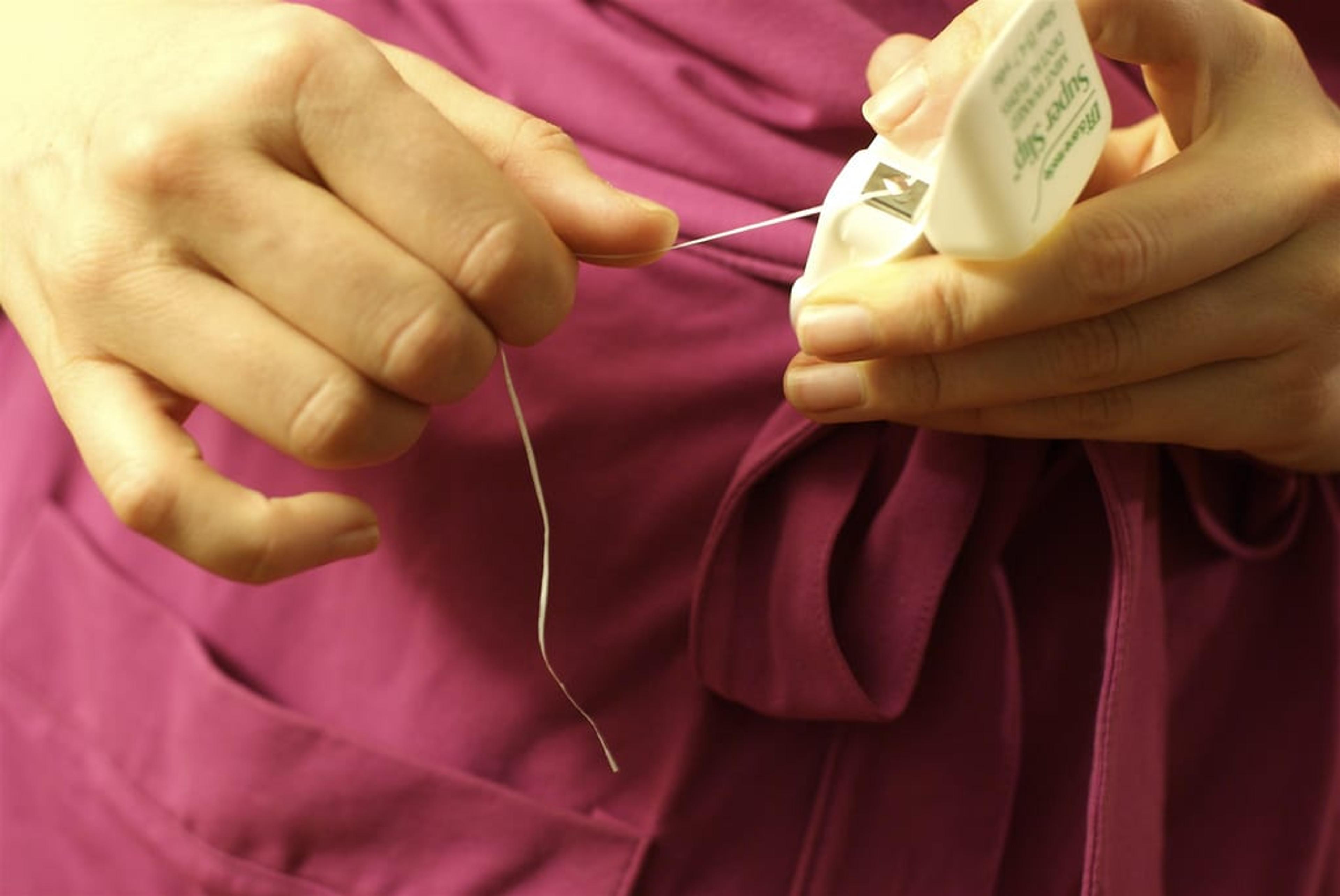Don’t Toss the Floss: Avoiding Snap Judgments with Personal Health
Dr. Gary Vance
| 2 min read
Associate Dental Consultant

Earlier this year, the U.S. Department of Agriculture and Department of Health and Human Services quietly dropped flossing from its “Dietary Guidelines for Americans” publication. Flossing had been a part of the publication ever since 1979, but government officials decided that there wasn’t enough evidence to prove that flossing was crucial to overall oral health, which resulted in its removal What happened next is best described as a media storm. The Associated Press reported the change and follow-up articles around the globe encouraged readers to pitch their floss into the garbage. Readers were more than happy to oblige, as flossing has always been a difficult habit to implement into a daily routine. Unlike readers, the news made many dentists cringe, since by regularly removing plaque with floss, people proactively take out bacteria that attacks tooth enamel with acids. However, in this instance, it’s important to look past the headlines and not jump to conclusions. As Rachel Ward, the host of the podcast, “Surprisingly Awesome” pointed out, “The situation isn’t whether or not flossing is good for you; it’s about whether or not the government can legally advise you to floss.” Here’s what she means – in order to publish any guideline, established scientific evidence must exist that explicitly supports it. The studies need to have consistent results, and be unbiased, extensive and replicable, which is easy to accomplish for a controlled experiment, such as the effects of sunlight on plant growth. When it comes to flossing, however, meeting all of these research requirements is a complex challenge. One main reason for the guidelines change was that the only available study that focused solely on flossing was very limited in scope. Researchers from the University of Washington instructed dentists to floss the teeth of specific children every day for almost two years. The end results showed a reduction in dental decay, but the research didn’t look at whether the way normal people floss would have the same impact. The key thing to remember about the government’s Dietary Guidelines is that they don’t include every single healthy habit you should have because many are just too complex to measure with long-term research. Therefore, in this specific case, you probably shouldn’t toss your floss quite yet. For more about current health trends and insights, give these stories a read:
Photo Credit: Kizzzbeth





